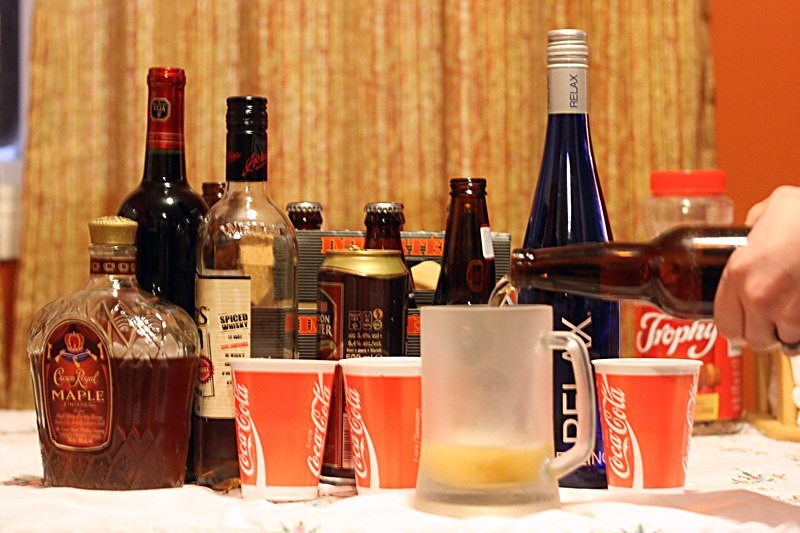New Year’s Eve is one of the most festive occasions of the year, but for people who make their home a party destination there’s always a risk that a New Year will come with new problems.
While social hosts aren’t bound by the same laws that commercial hosts, such as bars and taverns, face when it comes to impaired guests, there is still potential liability for homeowners holding house parties as a result of actions by impaired guests.
Local law association president Chris Hacio says there’s a precedent where social hosts have faced litigation.
“If a homeowner allows someone to over consume alcohol in their home at what point is it foreseeable that gets drunk may harm themselves or a third party,” Hacio says.
“The most common circumstance is someone coming to your home and then gets impaired and drives drunk, injuring a third party in a motor vehicle accident. There are many cases where the injured party from the motor vehicle accident not only sues the intoxicated party that caused the accident but the owner of the home where they got impaired.”
Hacio explains that the legal process would come down to determining whether a duty of care exists.
The plaintiff would have to establish that the host owed not only the impaired person but any potential third parties responsibility and protection.
That duty of care would likely hinge upon whether a host could reasonably expect that the intoxicated person is a threat to bring harm to themselves or others.
Thus far, that has been difficult to prove in social host liability cases. Successful cases are fairly rare but the country’s top court has not legally ruled it out.
“The laws generally in Canada are that those people are not held liable, but the Supreme Court of Canada left the door open for people to sue in those circumstances,” Hacio says, adding it is a developing area of law.
Nevertheless, responsible social hosting is an issue that is gaining traction.
The Liquor Control Board of Ontario launched a media blitz over the holidays focused on creating a negative stigma around drinking and driving.
The Deflate the Elephant campaign encourages social hosts and partygoers to engage potential impaired drivers in alternatives to getting behind the wheel, and
A website has been set up in concert with the television commercials and it provides tips for social hosts. Among the suggestions is to provide food and overnight sleeping arrangements for drinking guests as well as promoting designated driving and having money available for taxis.
Hacio added that hosts can help protect themselves by recommending that hosts serve the alcohol themselves to monitor each guest’s intake along with observing and mingling with each person in attendance to gauge their level of impairment.
He says if all else fails the host should immediately contact police if a guest is intent on driving while impaired.
Those thinking they can elude detection and get away with impaired driving might be in for a harsh awakening on the roads.
According to Thunder Bay Police Service traffic Sgt. Glenn Porter, the last day on the calendar is one of the busiest for police and requires as many hands on deck as possible.
“For police New Year’s is the big event. It’s something that we plan for and anticipate every year,” Porter says.
“There will be a lot of people going out to celebrate and we know that unfortunately people do drink and drive… We’re out there, we’ll be watching for them and we’re prepared.”
While pubs and bars are typically busy on new Year’s Eve, police are aware of the popularity of the New Year’s Eve house party. Sgt. Porter believes there’s a chance that more house parties might not necessarily mean more problems.
“Trends are changing a bit,” Porter says . “We know that people are moving toward having those parties in their homes and taking responsibility and ensuring the guests they have are being taken care of.”
